Earn 1 hour of continuing education by joining OT Potential after taking this course.
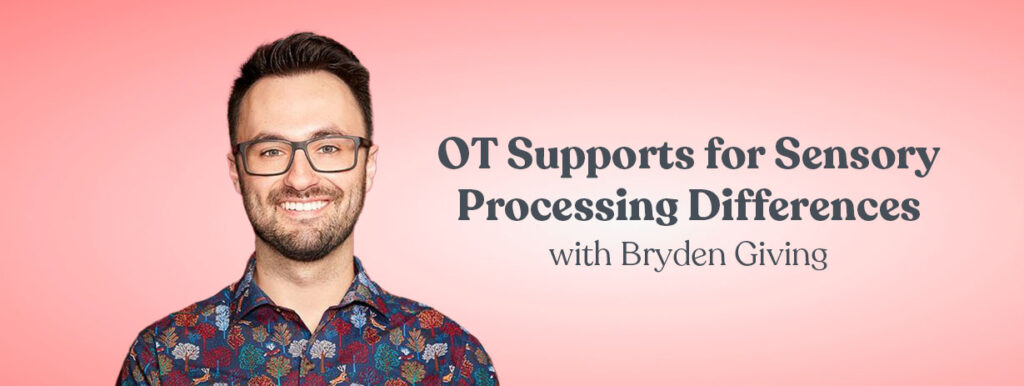
Listen: Apple | Spotify | Google
The use of sensory-based interventions (SBIs) and environmental modification are common OT treatments.
But, what is the evidence behind these treatments?
In this episode, we’ll look at an influential systematic review that explores that question. The authors lay out the evidence behind specific sensory techniques and environmental modifications for children with sensory integration (SI) differences.
The authors explore and rate the levels of evidence of common treatments, like massage, weighted vests, sensory enrichment in preschools, and linear swinging.
After we review the article, we’ll welcome to the podcast our guest, Bryden Giving, MAOT, OTR/L to talk about how the research has impacted his work in pediatrics, his doctoral studies, and most importantly, and what it all means for your OT practice.
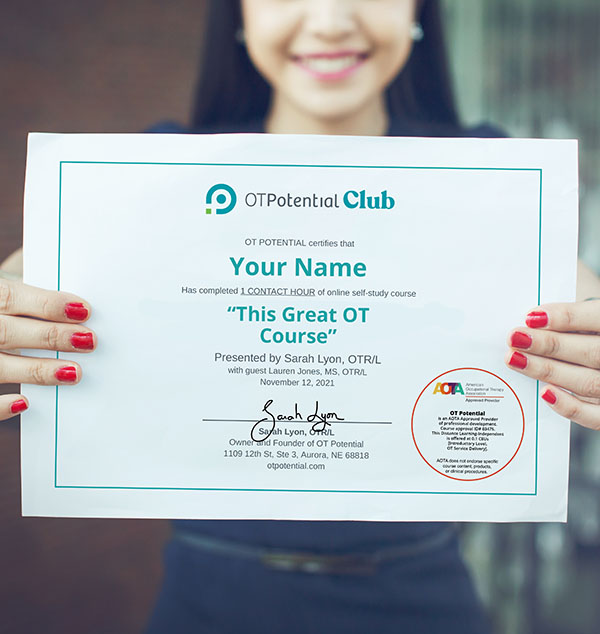
Earn 1 hour of continuing education
1. Listen to the podcast for free.
2. Sign up for the OT Potential Club.
3. Pass the quiz and download your certificate!
Primary Journal Article Explored
When you log in, be sure to check out the OT Potential Club’s written breakdown of the following research article. Then, share your questions and thoughts with fellow practitioners.
Supporting Research and Journal Articles
- Effectiveness of cognitive and occupation-based interventions for children with challenges in sensory processing and Integration: A Systematic Review
- Effectiveness of paediatric occupational therapy for children with disabilities: A systematic review
Learning Objectives
- You will be able to identify the levels of evidence behind common sensory techniques.
- You will be able to recognize evidence-based approaches to supporting individuals with sensory difficulties.
Additional Reading/Resources on Supporting Sensory Differences
- Supporting Autistic Adults in Occupational Performance
- For Whose Benefit? Ethics, Evidence, and Effectiveness of Autism Interventions
- Helping children with autism spectrum disorders and their families: Are we losing our occupation-centred focus?
- Navigating Sensory Processing Differences
Information on treatment with higher levels of evidence:
- Pediatric OT Interventions
- The CO-OP Approach
- SCERTS model
- Mental health promotion
- Activity-based cognitive-behavioral strategies
- The ALERT Program
- Environmental adaptations
Trainings and Instructional materials:
Agenda
Intro (5 minutes)
Breakdown and analysis of journal article (5 minutes)
- An intro to SI Difficulties
- OT and SI Difficulties
- What was the intent of this study?
- What methods were used in this research?
- What were the results?
- Discussion
- Editorial note on Qigong Massage
- Takeaways for OT practitioners
Discussion on practical implications for OTs (with Bryden Giving) (50 minutes)
- Tell us about discovering as an adult that you are neurodivergent.
- What does your OTD work currently entail?
- What were your initial reactions to this article?
- Do you think it is a myth that “We don’t have evidence for what we do” and should accept the low level of evidence?
- If our practice is currently heavily focused on sensory techniques, what do you feel like this article nudges us to do?
- What are alternative treatment pathways we could consider?
- How can we involve parents and children in determining the correct treatment course for them?
- For many OTs our professional identity is in being the “sensory” professional, what is helpful about our sensory lens? And, how does this identity need to shift moving forward?
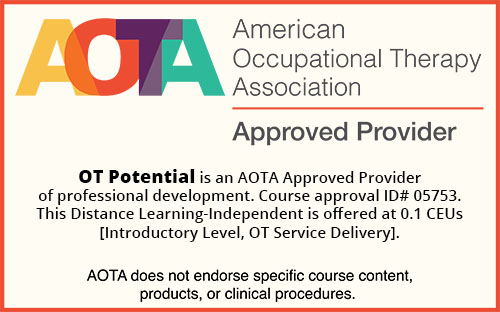
Instructional Methods/Registration/Special Needs Requests/Cancellation Policy
This course is an independent/self-study course delivered via podcast on iTunes, Spotify, Google Play & more.
If you need accommodations to take this course, please contact us and we will address your needs on an individual basis.
If we cancel a promoted course, event, live stream, or any other paid CEU offering prior to release, and you subscribe explicitly for said offering, you are eligible for a full refund if you did not complete and earn any other CEU quizzes or certificates during your subscription.
If a live webinar is cancelled that you signed up for, our system will automatically generate an email to you and if possible, we will inform you of the rescheduled date. Our most current webinar schedule will be found at: otpotential.com/live-ot-ceu-webinars.
Course Completion Requirements
In order to receive a certificate for this course, you must first participate in the podcast/webinar in its entirety. Then, you will need to take the quiz that will accompany the course and earn 75% or higher. If you pass, a certificate will be automatically generated and sent to your email. Quizzes for live (distance learning–interactive) webinars must be completed within 3 days of completing the webinar.
Target Audience/Educational Level
Our target audience is occupational therapy practitioners who are looking to learn about OT Sensory Techniques and Environmental Modifications for Children. The educational level is introductory.
Financial and Non-financial Disclosures
It is the policy of OT Potential to disclose any financial and non-financial interest the provider or instructor may have in a product or service mentioned during an activity. This is to ensure that the audience is made aware of any bias of the speaker.
We here at OT Potential have no financial stake in this topic. Our guest, Bryden Giving also has no financial disclosures.
Speakers
Bryden Giving, MAOT, OTR/L:
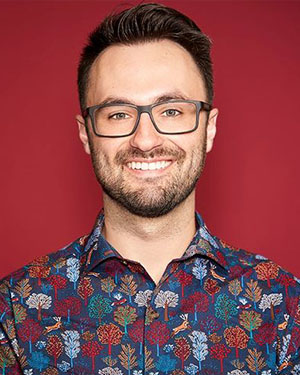
Bryden Giving is a doctoral student at Boston University and licensed occupational therapy practitioner with experience in evidence-based interventions, therapeutic treatments, and contextual supports for neurodivergent pediatric patients.
His work emphasizes a forgotten aspect regarding evidence-based practice: the client’s values, including how well the intervention honors neurodivergent identity. His doctoral project’s main objective is to promote the delivery of best practices for autistic children and youth, emphasizing those that are both research-informed and honor autistic identity. Read full bio.
Sarah Lyon, OTR/L:

Sarah’s passion is helping fellow OT practitioners translate evidence into daily practice. Sarah earned her BA in religion from St. Olaf College, then earned her master’s degree in occupational therapy from New York University in 2011.
Since then, she’s worked in numerous facilities, including a critical access hospital, an acute trauma hospital, and a state inpatient psychiatric hospital. Sarah is the founder/owner of OT Potential. Read more about OT Potential here.
This course was designed to meet your continuing education requirements
We designed the courses in the Club to meet the requirements for “online” and “independent/self-study” courses. To verify the requirements from your specific state (within the US), check out our post, OT Continuing Education Requirements. If you are outside of the United States and have questions, please contact us.
We are proud to be an AOTA Approved Provider and to meet the requirements for your NBCOT renewal.
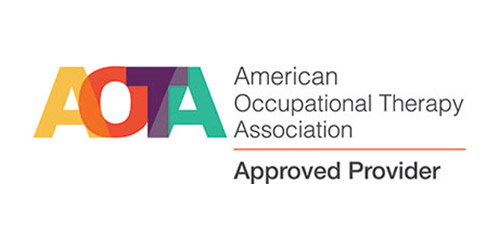


See our other OT courses!
OT Supports for Sensory Processing Differences • OT Potential
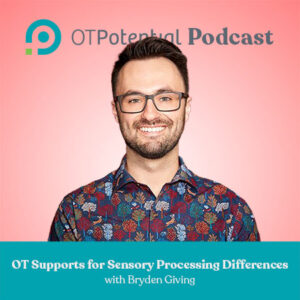
Today we’ll be covering “OT Supports for Sensory Processing Differences” We’ll look at new research and discuss it with Bryden Giving.
Course Provider: Organization
Course Provider Name: OT Potential
Course Provider URL: https://otpotential.com/
Course Mode: Online
Start Date: 2022-10-31
Duration: 01:00:00
Course Type: Subscription
4.75

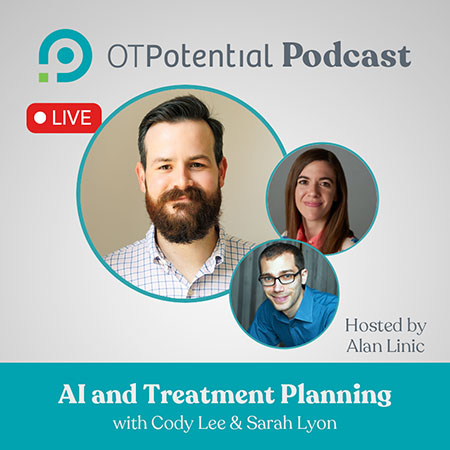
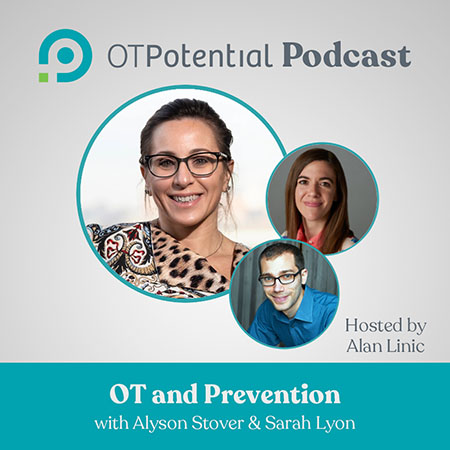
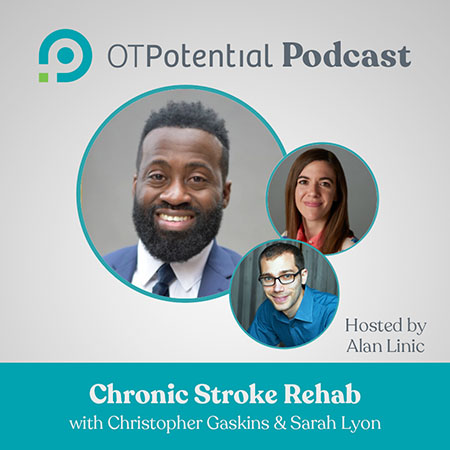
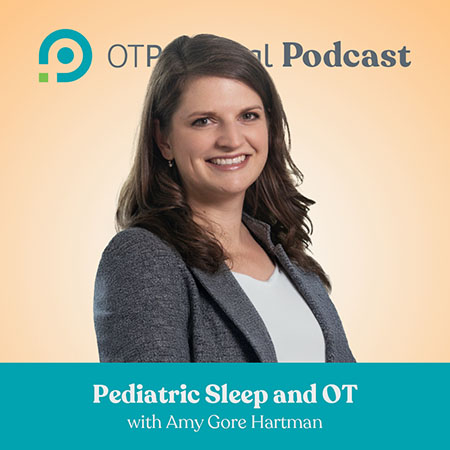
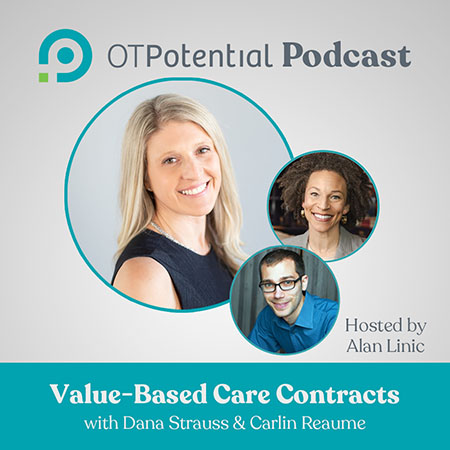
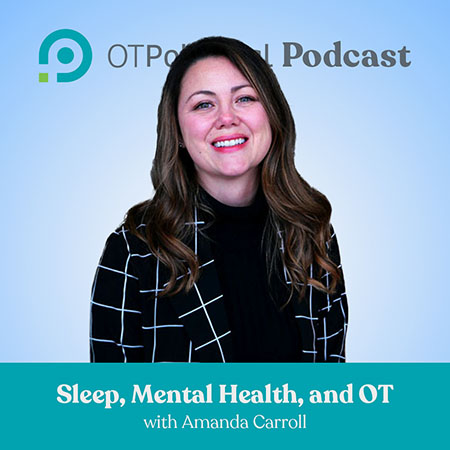
2 replies on “OT Supports for Sensory Processing Differences”
Hi!
I just listened to the podcast: specific sensory techniques and sensory environmental modifications for children and youth with sensory integration difficulties, but I can’t find the test to take in order to receive a CEU. Thanks! Kayla Rodriguez
Hi Kayla! I’m sending you an email with more info. Thanks for reaching out!